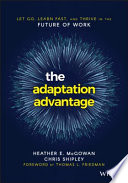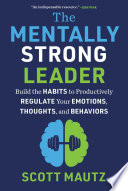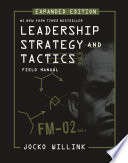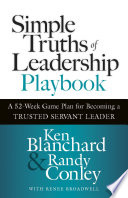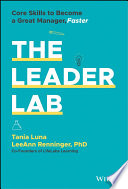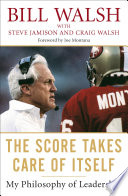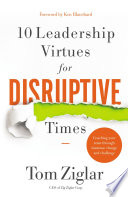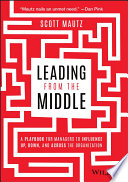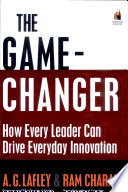Summary
Good Leaders Learn is a profound exploration of the essential qualities that define effective leadership in the modern world. The author emphasizes that leadership is not a static trait but a dynamic process of continuous learning and growth. The book is structured around seven key ideas that serve as foundational pillars for successful leadership: continuous learning, emotional intelligence, vision and purpose, building trust, diversity and inclusion, mentorship and coaching, and resilience and adaptability. Each of these ideas is elaborated upon with practical examples, strategies, and insights that leaders can implement in their daily practices.
The concept of continuous learning is introduced as the cornerstone of effective leadership. In an era characterized by rapid change and complexity, leaders must embrace a mindset of lifelong learning. This includes being open to feedback, reflecting on experiences, and actively seeking new knowledge. By doing so, leaders can remain relevant and innovative, adapting their approaches to meet the evolving needs of their teams and organizations.
Emotional intelligence is highlighted as a crucial skill for leaders. The book explains how leaders with high EI can build stronger relationships, foster collaboration, and create positive work environments. By understanding their own emotions and those of others, leaders can navigate conflicts and motivate their teams effectively.
The importance of having a clear vision and purpose is emphasized throughout the book. Great leaders articulate a compelling vision that inspires their teams and aligns everyone toward common goals. This vision not only drives performance but also fosters loyalty and commitment among team members.
Building trust is presented as a fundamental aspect of leadership. The author discusses various strategies for establishing and maintaining trust within teams, including transparency, consistency, and vulnerability. By creating a safe environment, leaders encourage open communication and collaboration.
The book also addresses the significance of diversity and inclusion in leadership. Diverse teams bring a wealth of perspectives that enhance creativity and problem-solving. Leaders are encouraged to embrace diversity and create inclusive cultures where all voices are heard, ultimately leading to better organizational performance.
Mentorship and coaching are identified as vital components of leadership development. The author underscores the reciprocal nature of mentorship, where both mentors and mentees learn and grow. Coaching is also presented as a powerful tool for leaders to help their team members reach their full potential.
Finally, resilience and adaptability are discussed as essential traits for leaders in today's unpredictable environment. The book provides practical strategies for cultivating resilience, such as stress management techniques and fostering a supportive team culture. By being adaptable, leaders can navigate challenges and inspire their teams to embrace change.
In summary, Good Leaders Learn serves as a comprehensive guide for aspiring and current leaders alike. It emphasizes that effective leadership is a journey of continuous growth, characterized by a commitment to learning, emotional intelligence, trust-building, diversity, mentorship, and resilience. The insights and strategies provided in the book are invaluable for anyone looking to enhance their leadership skills and make a positive impact in their organizations.


